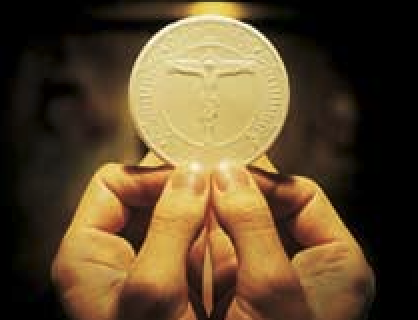Most editors and reporters would panic, or call their lawyers, if news executives asked religious questions during job interviews.
Yet it's hard to probe the contents of a journalist's head without asking big questions. And it's hard to ask some of the ultimate questions – questions about birth, life, suffering, pain and death – without mentioning religion.
William Burleigh carefully explored some of this territory when he was running news teams, both large and small. His half-century career with The E.W. Scripps Co. began in 1951, when he was in high school in Evansville, Ind., and he retired several years ago after serving as president and chief executive officer.
"I always thought that it was interesting to talk to reporters and editors about their education," said Burleigh, who remains chairman of the Scripps Howard board. "How many people in our newsrooms have actually studied history and art and philosophy and even some theology? ...
"I have to admit – quite frankly – I always showed a partiality toward people with that kind of educational background. I didn't do that because I am a big religious guy. I did it because I wanted to know if we were dealing with well-rounded people who could relate to the big questions in life."
Burleigh won some battles. For example, a few editors decided to let a religion-beat specialist try writing a column for Scripps Howard News Service, and I've been at it ever since. This week marks the "On Religion" column's 20th anniversary, and I owe Burleigh, and other editors who backed religion coverage, a debt of gratitude.
However, it's crucial to know that Burleigh – a traditional Catholic – didn't push this issue because he wanted editors to hire more journalists who liked sitting in pews. No, he didn't want to see newspapers keep missing events and trends that affect millions of people and billions of dollars.





